Proceratosaurus
Name Origin
Primitive Ceratosaurus
Family
Proceratosauridae
Classification
Diapsida, Saurischia, Theropoda
Habitat (Discovery Location)
United Kingdom
Period
Middle Jurassic
Length
Approximately 3 to 4 meters
Diet
Carnivore (Meat-eater)
 Jurassic
Jurassic
Park / World Featured Dinosaur
Appearance in Jurassic Park
It never appears as a living creature; its existence was indicated only by its name.
Its appearance in the film is during the "embryo cold storage" scene, where Dennis Nedry steals the dinosaur embryos. Its name is seen on the label of one of the embryos he steals (identified by a skull icon). Because it was a very obscure dinosaur at the time, it, along with Metriacanthosaurus, left the impression of being a "mystery dinosaur" on many audience members.
Although official lore states that a paddock had already been constructed for it by the time of the film, its name is not included on the subsequently released list of dinosaurs that inhabited Isla Nublar. This is because its DNA was reportedly lost during the hurricane before the park could become operational, meaning it was never successfully cloned.
In the end, the embryo that Nedry stole was also lost, sinking into the mud.
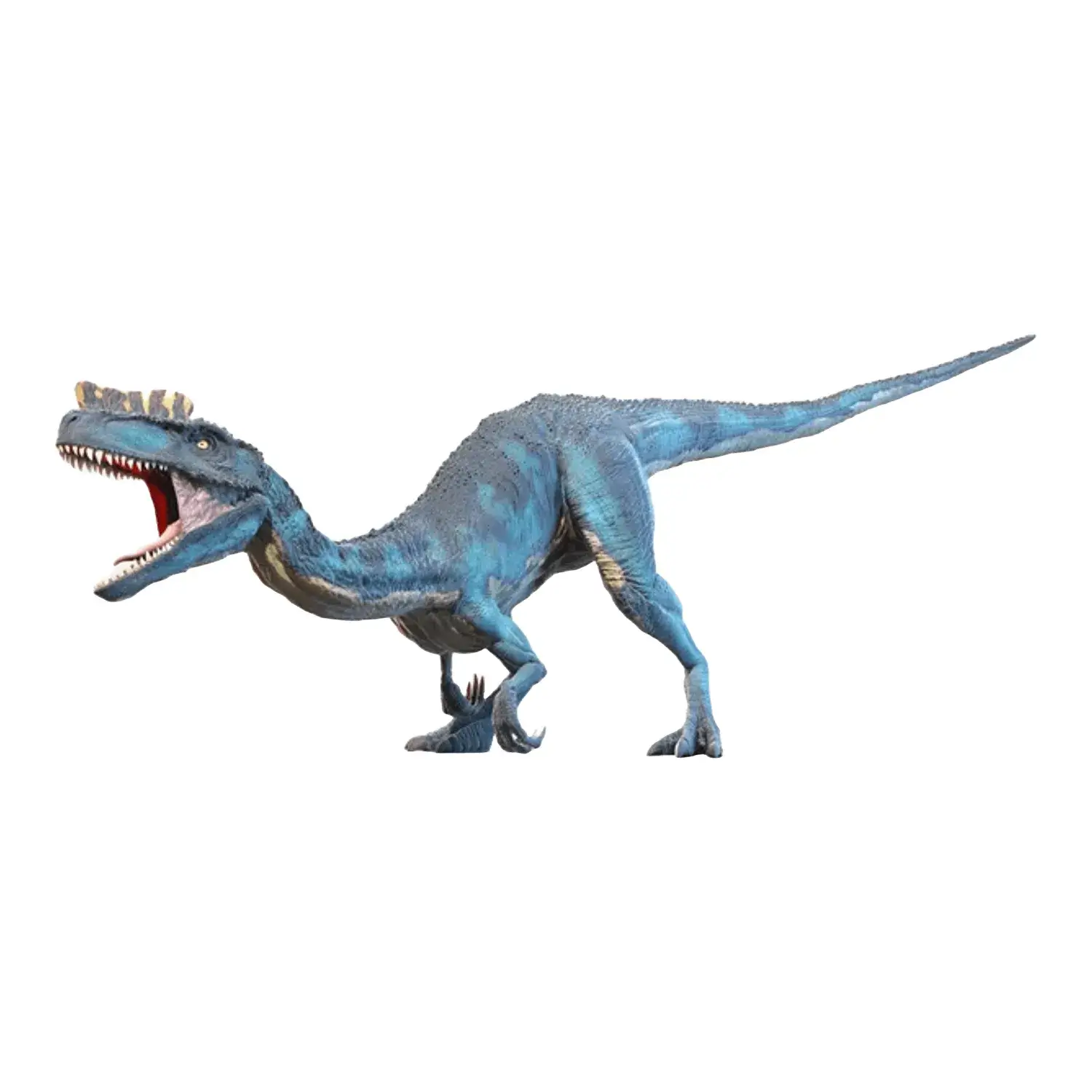
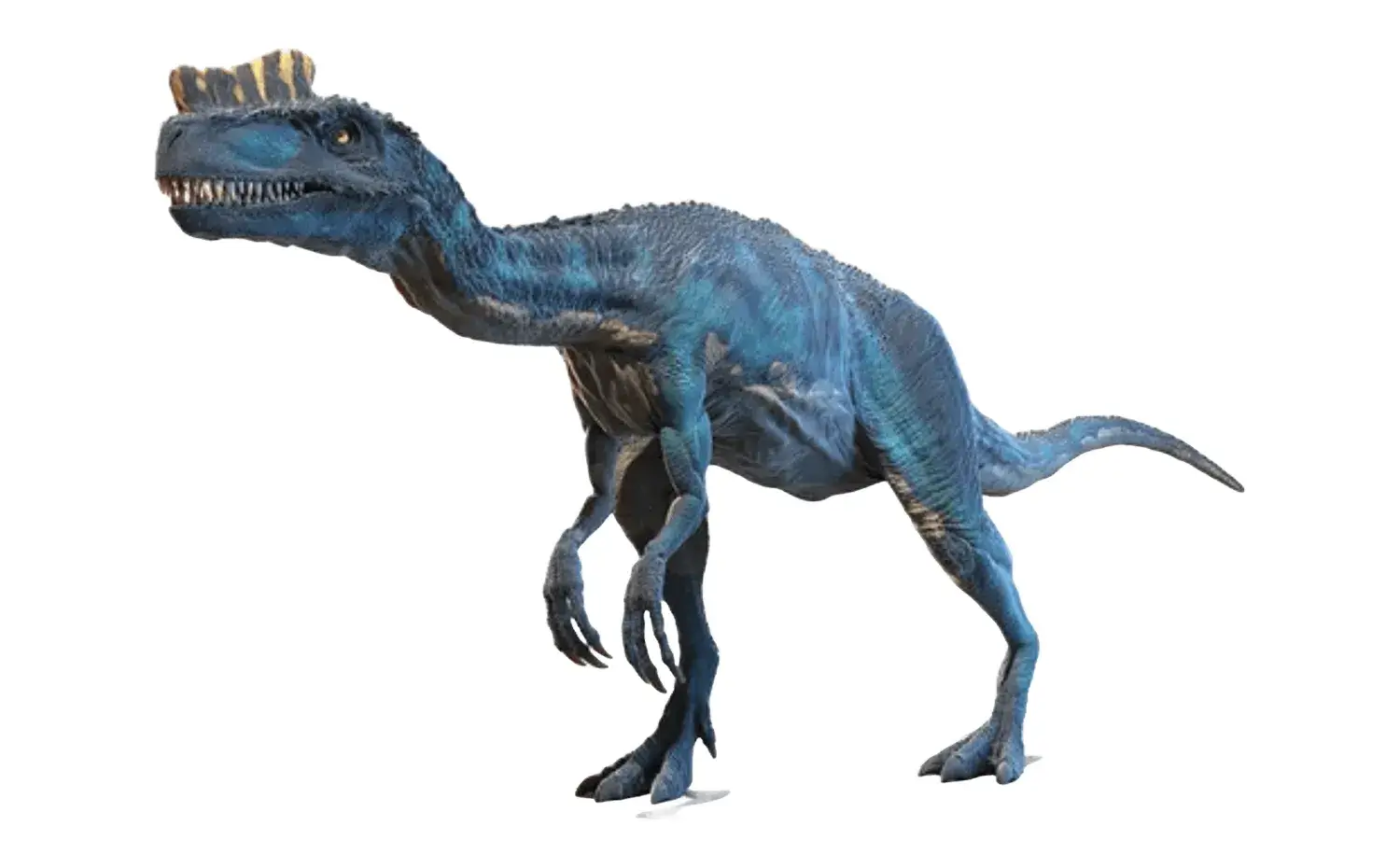
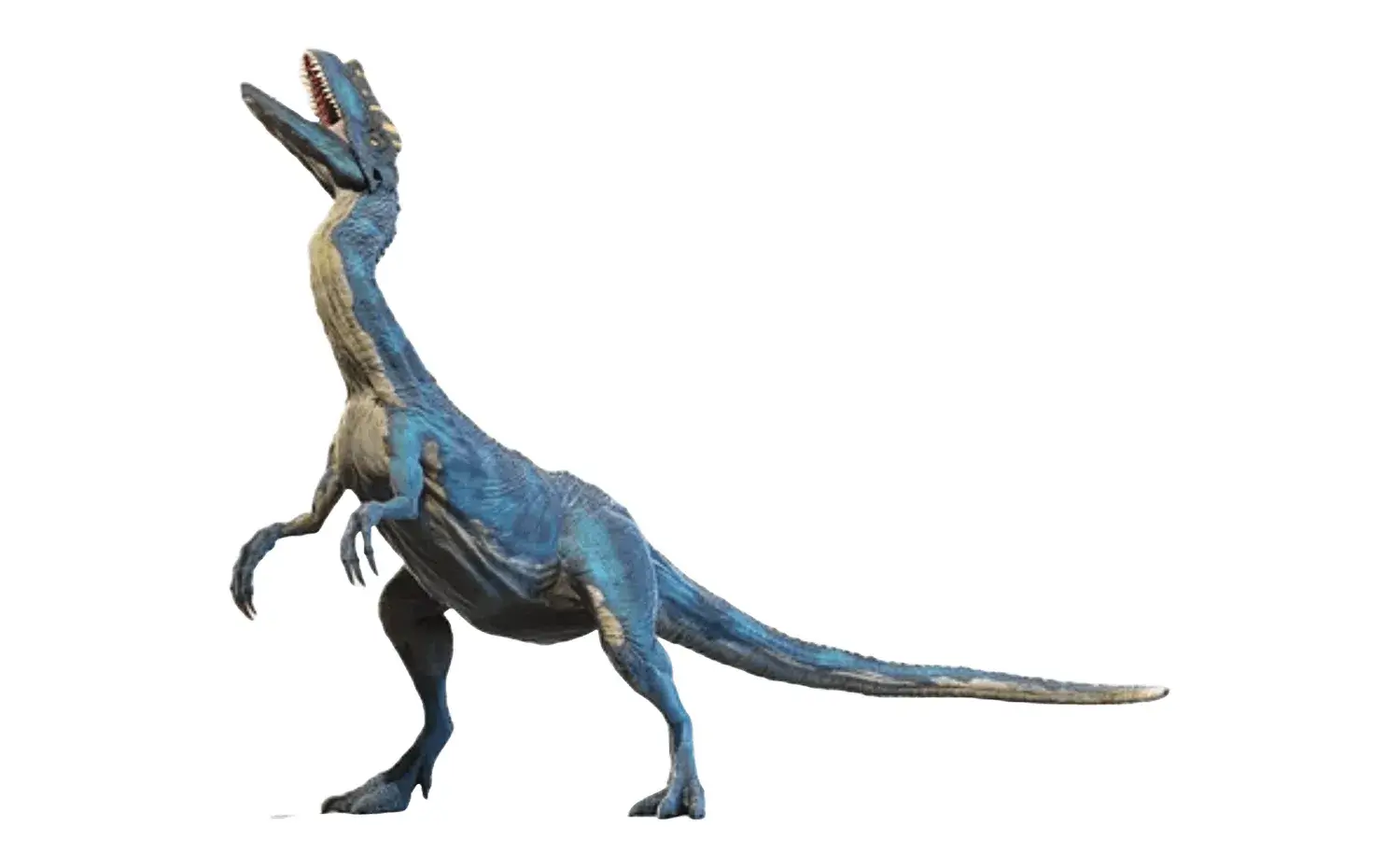
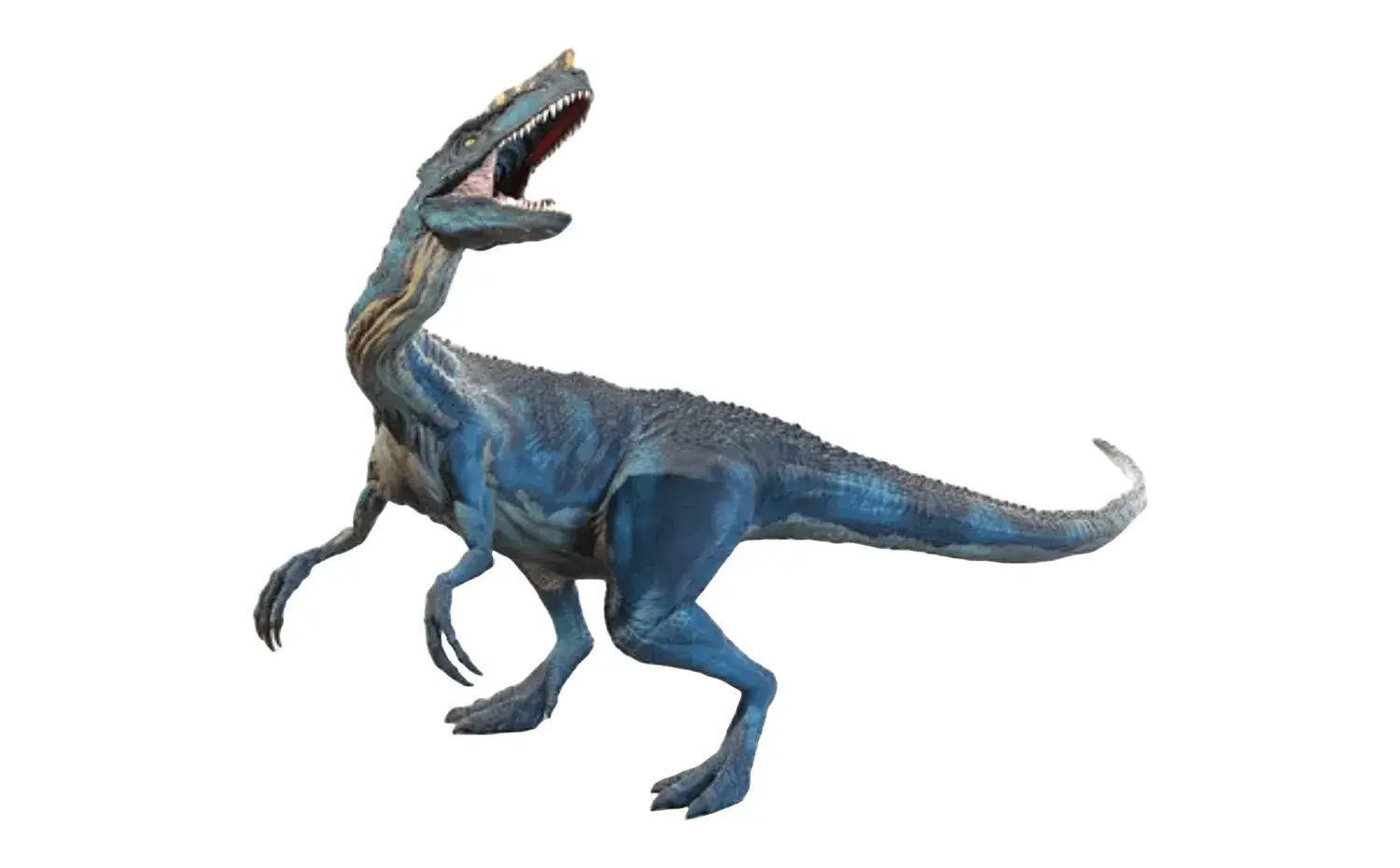
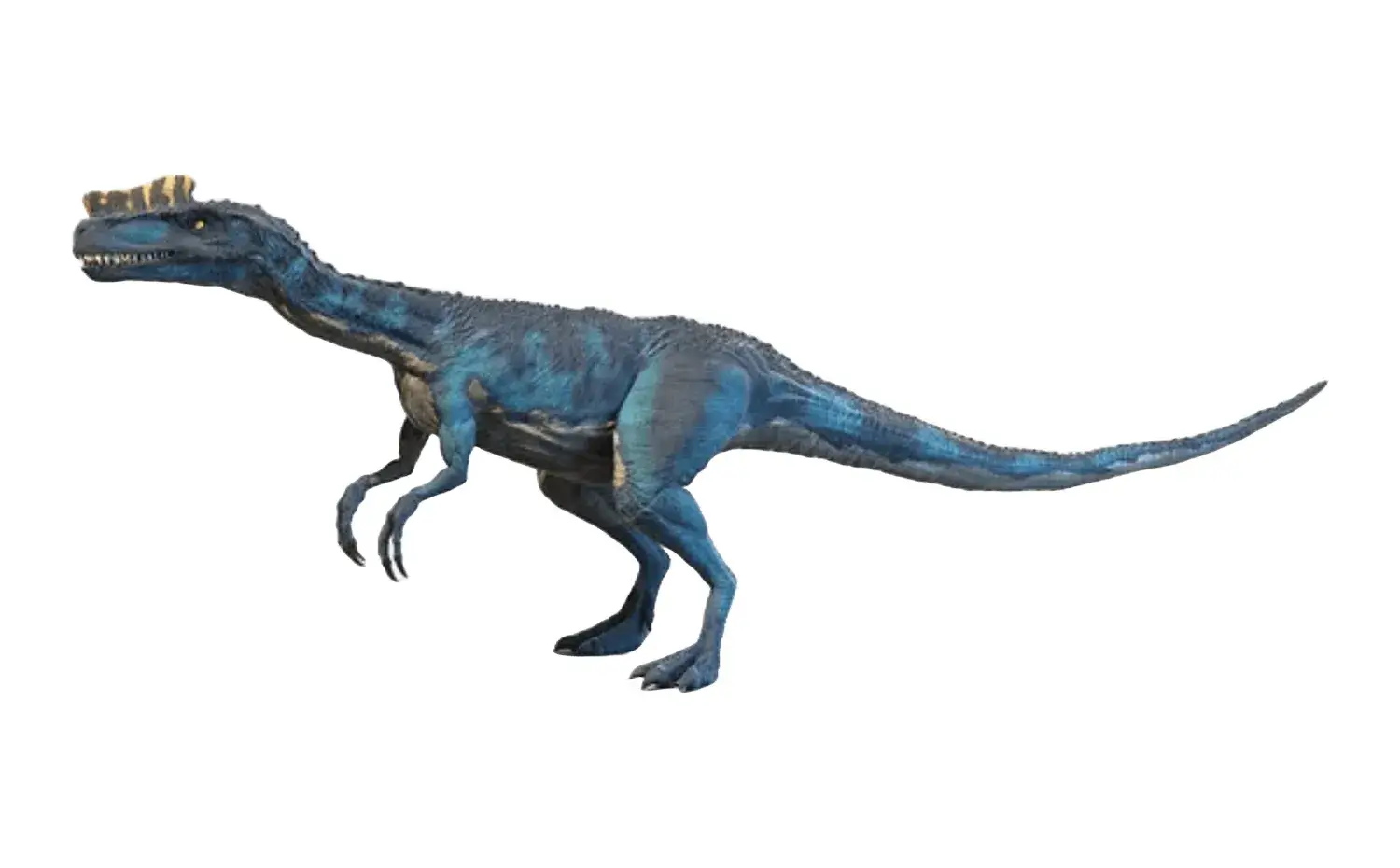
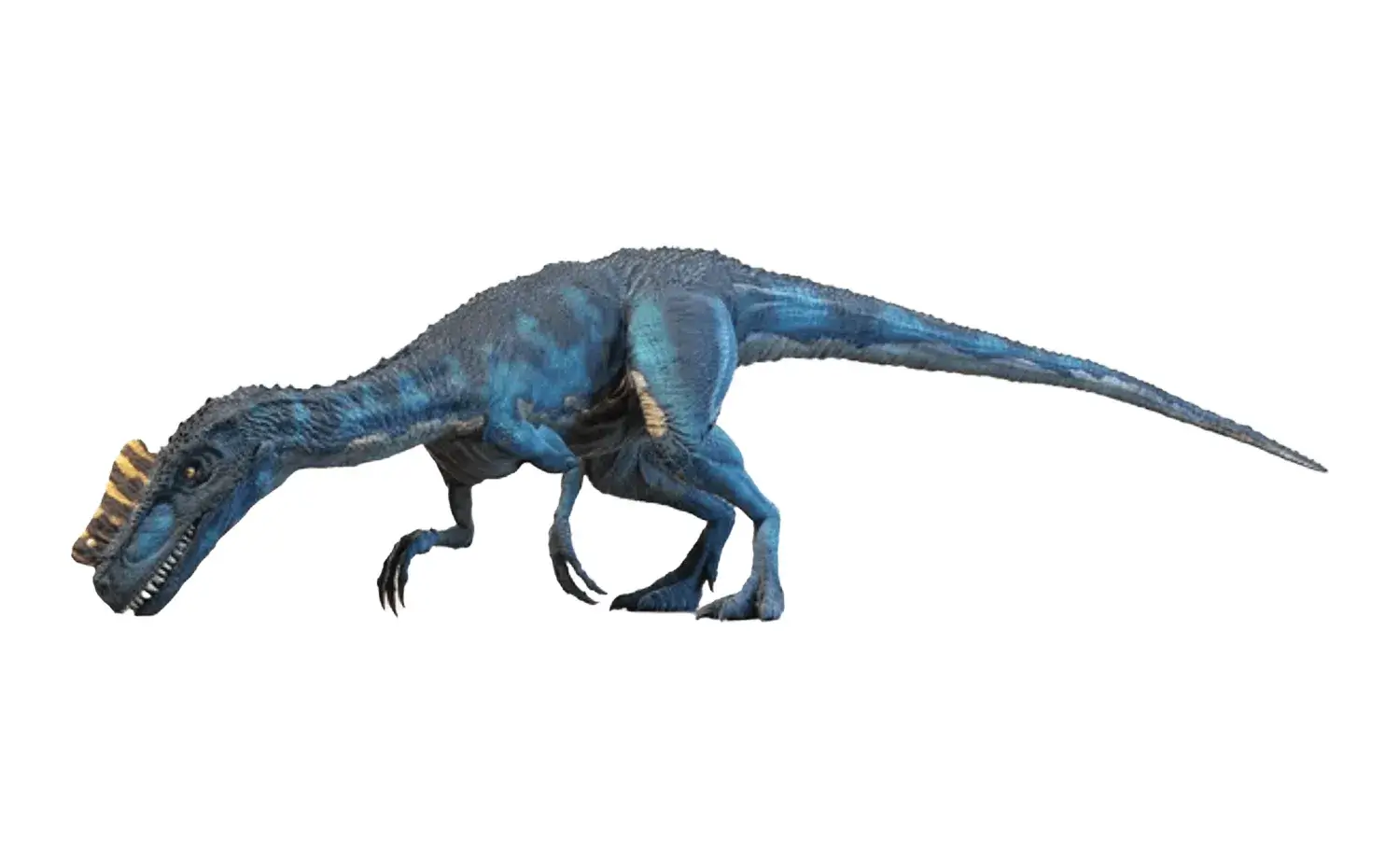
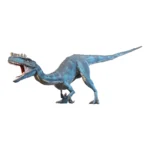
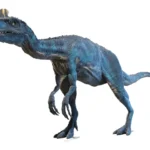
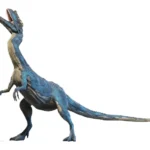
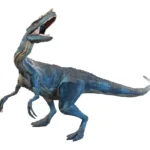
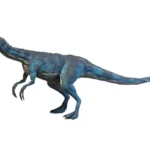
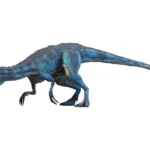
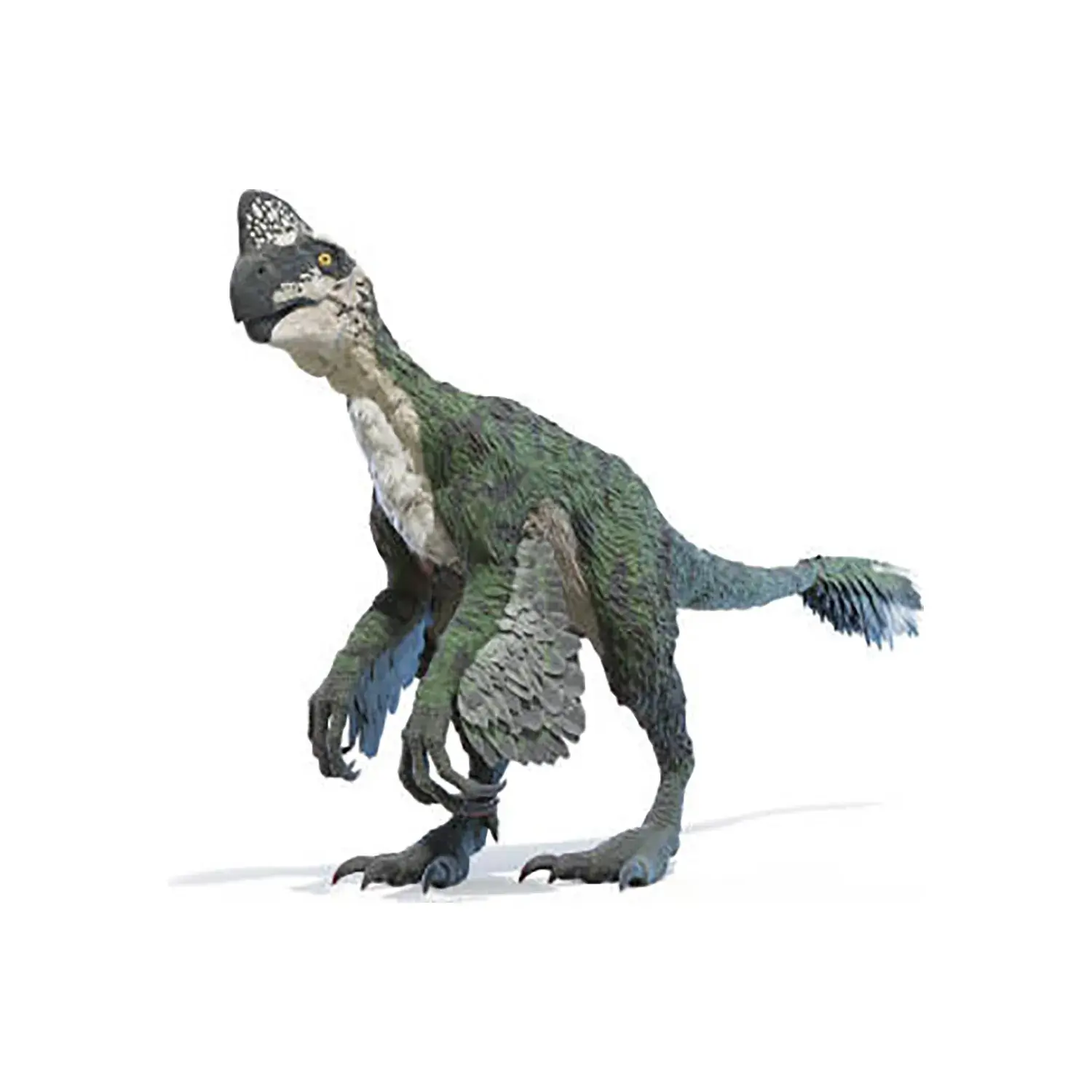

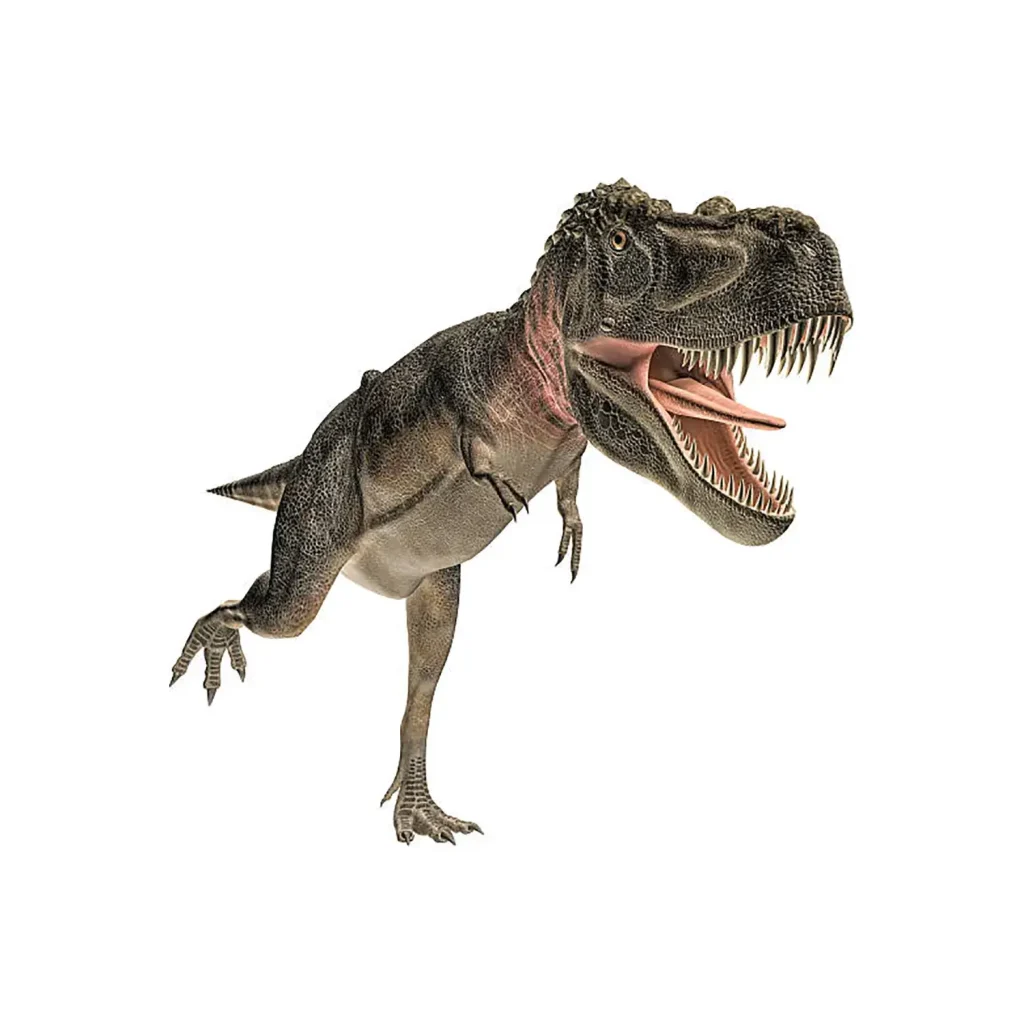

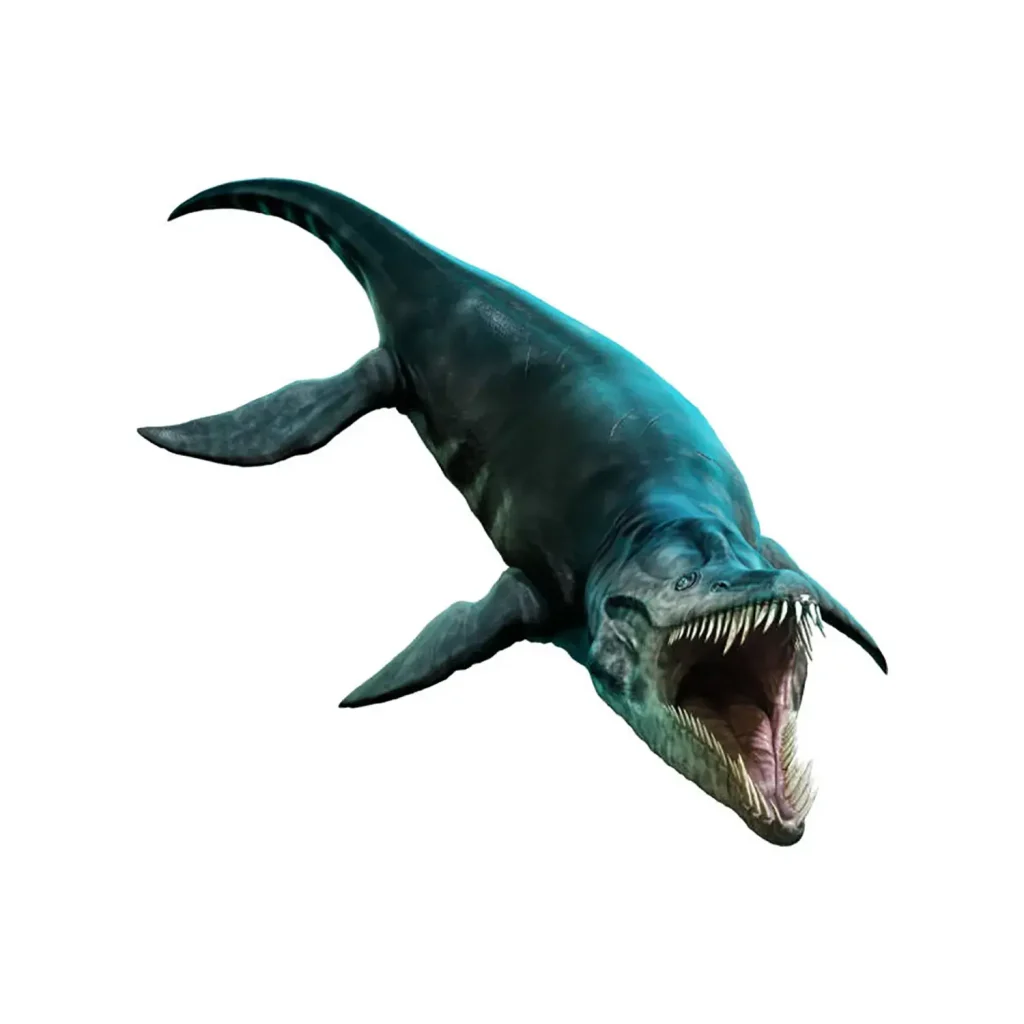

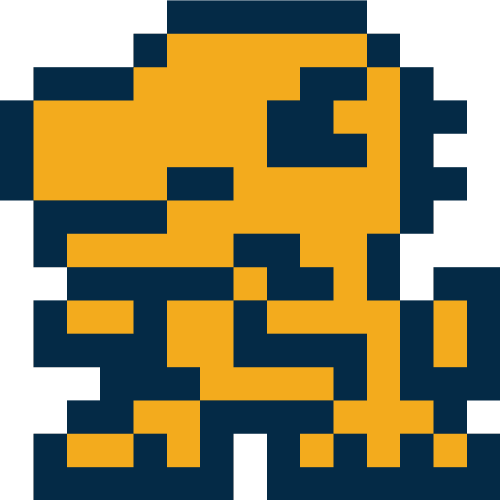
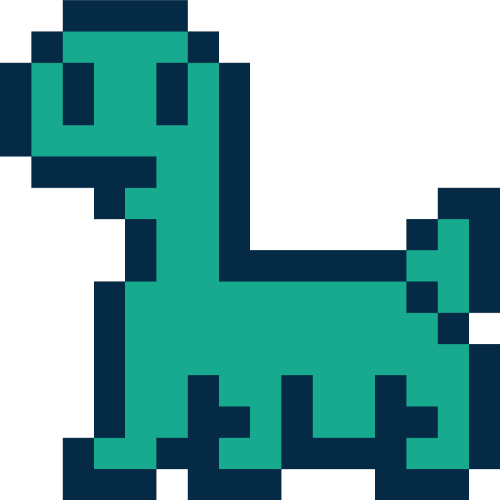
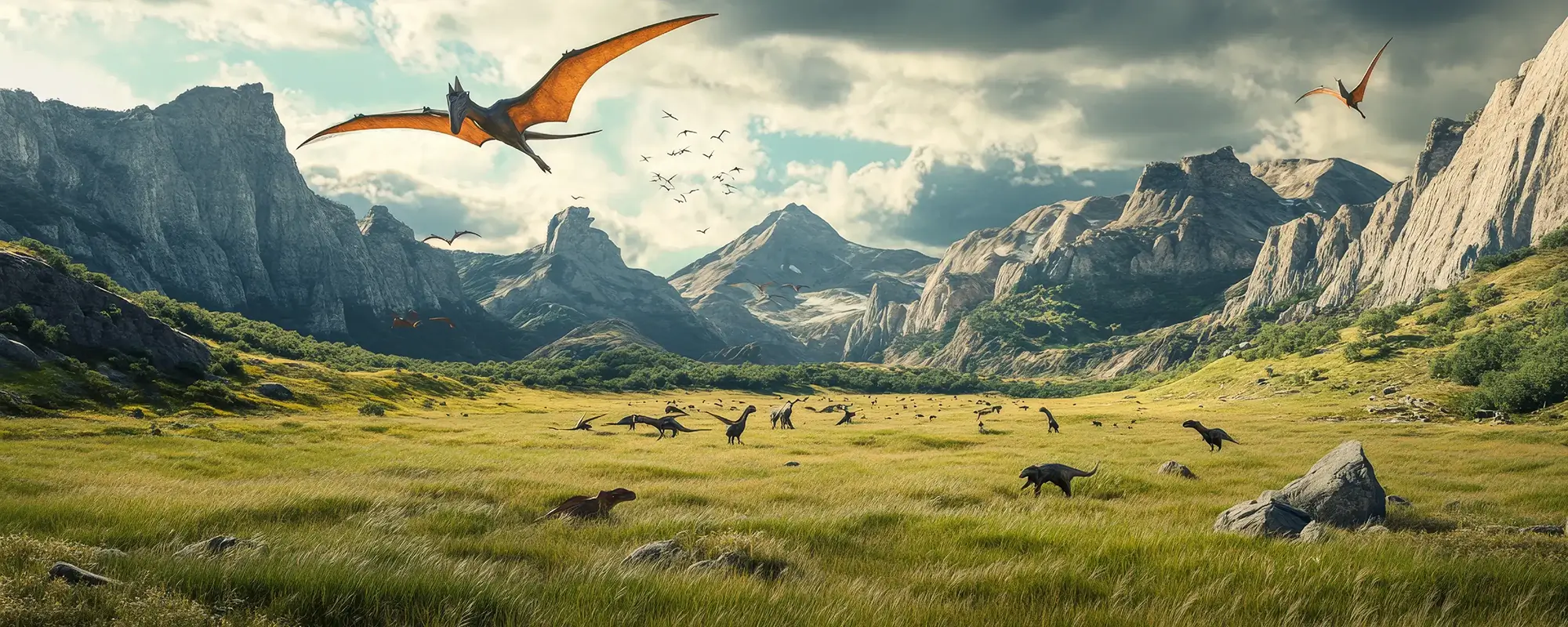
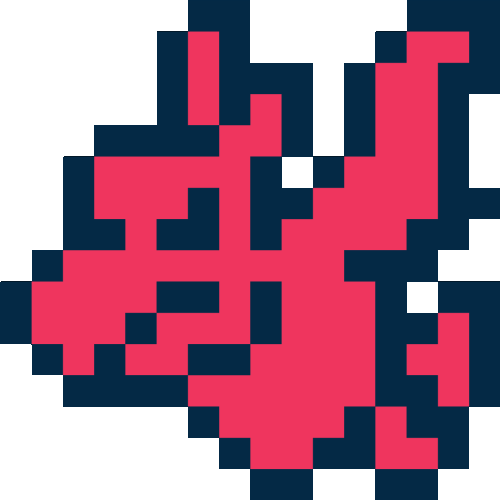
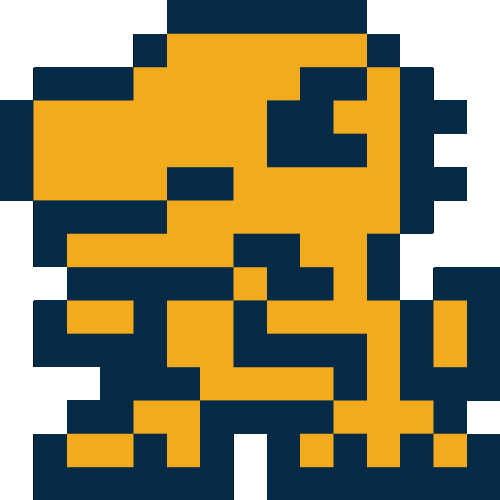
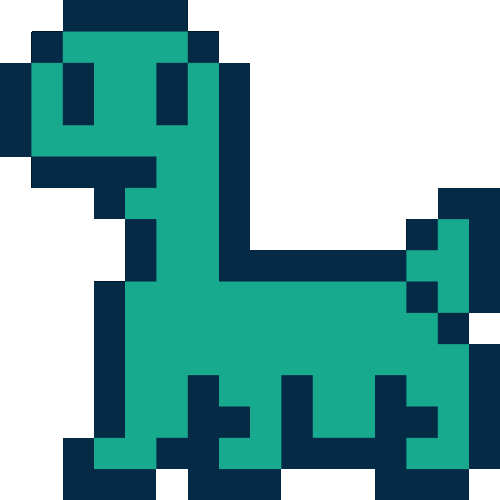

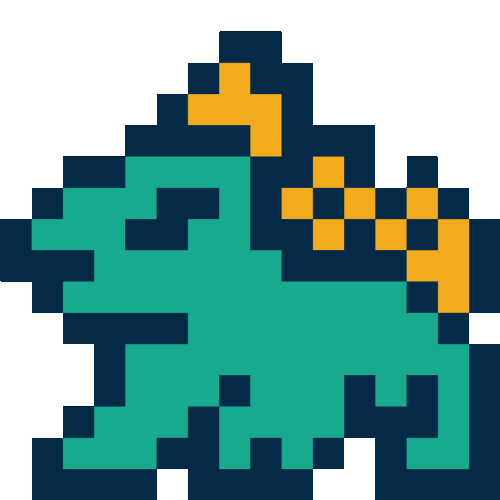

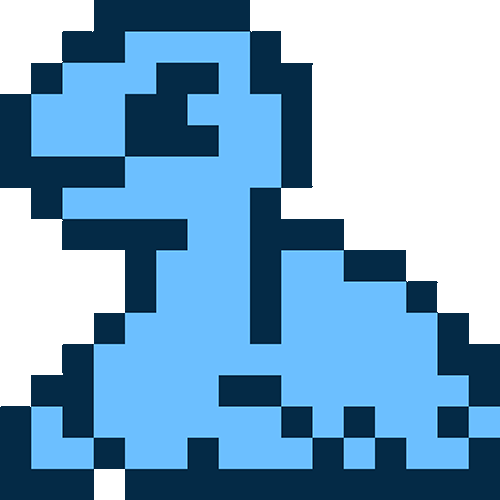
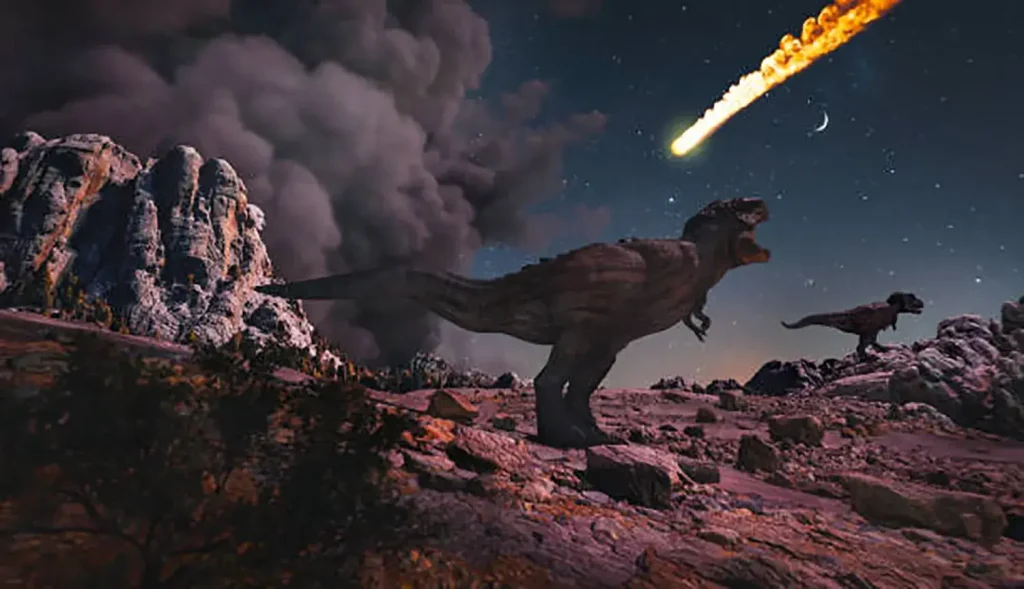
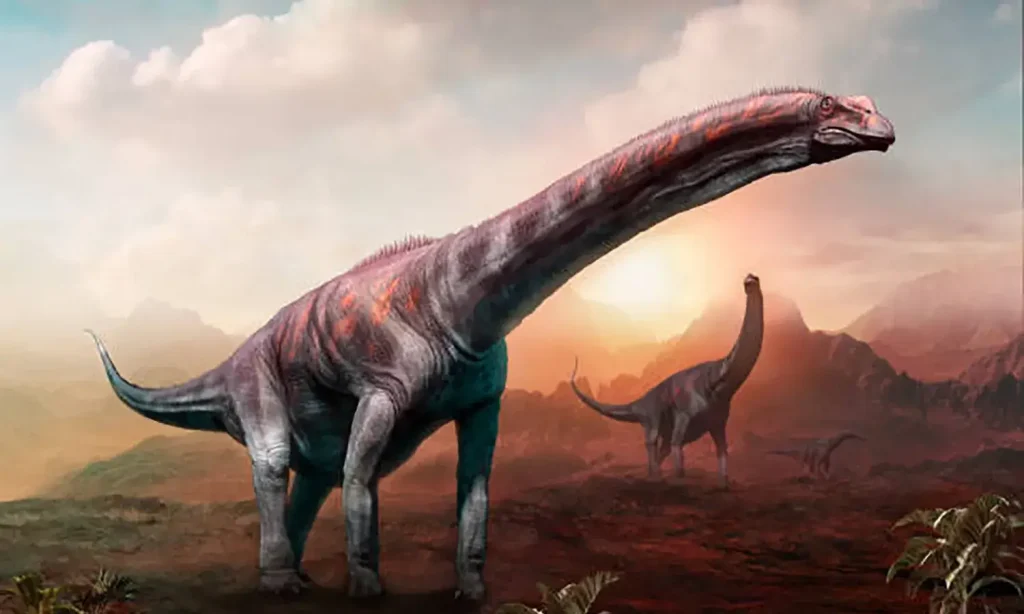
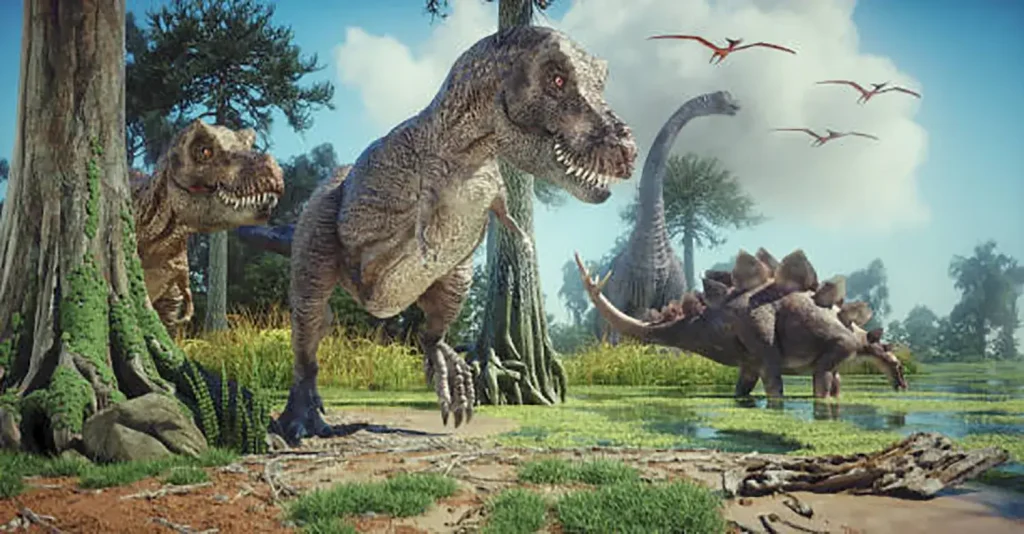
Description
Proceratosaurus was a small carnivorous dinosaur that lived in England during the Middle Jurassic period.
Its name means “primitive Ceratosaurus,” a name that symbolizes the taxonomic confusion in the paleontological community and the subsequent history of surprising discoveries.
Discovery and the Ceratosaurus Misconception
The history of Proceratosaurus begins in 1910, when its skull was discovered during the digging of a reservoir in England.
This remains the only fossil of the species discovered to date.
Initial Classification and a Hasty Conclusion
When first discovered, this fossil was classified as a species of Megalosaurus.
Subsequently, attention was drawn to a horn-like projection confirmed on the snout of the skull.
Based on this feature, it was hastily concluded to be an ancestor of Ceratosaurus, which lived in Late Jurassic North America, and was thus given the name “Proceratosaurus.”
Taxonomic Confusion
This led to long-standing taxonomic confusion: Proceratosaurus was classified as a coelurosaur yet still considered a close relative of Ceratosaurus, which in turn was sometimes regarded as a large coelurosaur.
Latest Research Reveals the Truth: An Ancestor of Tyrannosaurus
In the latter half of the 20th century, it was determined that the Ceratosauria belonged to a primitive theropod lineage, and was therefore only distantly related to Proceratosaurus, which was a more advanced coelurosaur.
The situation changed rapidly in the late 2000s with the discovery of close relatives in China, such as Guanlong.
Classification into Tyrannosauroidea
Research published in 2010 revealed that Proceratosaurus belongs to the Tyrannosauroidea superfamily within Coelurosauria.
Striking Resemblance to Guanlong
While Proceratosaurus is known only from a skull, a well-preserved skeleton of Guanlong was found. The skulls of the two are strikingly similar, making it clear they were close relatives.
The Oldest Tyrannosauroid
Since the skeleton of Guanlong shares many traits with Tyrannosaurus, it became clear that Proceratosaurus was also a close relative, establishing its current position as one of the oldest dinosaurs in the Tyrannosauroidea superfamily.
A Complete Picture Shrouded in Mystery
As the skull is the only fossil discovered to date, its complete appearance remains shrouded in mystery.
Size
Based on the skull, its total length is estimated to be about 3 to 4 meters, around the same size as Guanlong.
One theory suggests this individual was a sub-adult, meaning a fully grown adult could have been larger.
The Snout Crest
Regarding the snout projection that gave it its name, the top of the skull is missing. This has led to the prevailing theory that it actually possessed a single, large crest, similar to Guanlong and other close relatives.
For nearly a century, the classification of Proceratosaurus constantly shifted based on its fragmentary fossil. However, modern science has revealed its surprising true identity: a distant ancestor of the apex predator of a later age, Tyrannosaurus.